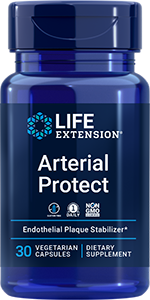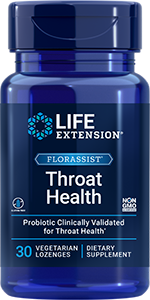Tuesday, December 1, 2015
Increased fish and omega-3 fatty acid intake linked with improved survival following breast cancer diagnosis
The results of an investigation of breast cancer patients found a lower risk of mortality from all causes over a median period of 14.7 years among women
with a higher intake of omega-3 polyunsaturated fatty acids and fish.
Nikhil K. Khankari, PhD, MPH, of the University of North Carolina and colleagues analyzed data from 1,463 women with breast cancer enrolled in the Long
Island Breast Cancer Study Project (LIBCSP). Dietary questionnaires completed within three months after diagnosis were analyzed for the intake of fish,
omega-3 fatty acids (alpha-linolenic acid [ALA], docosapentaenoic acid [DPA], eicosapentaenoic acid [EPA] and docosahexaenoic acid [DHA]); and the omega-6
polyunsaturated fatty acids linoleic acid and arachidonic acid.
Over a median follow-up period of 14.7 years, there were 485 deaths, among which 210 were attributed to breast cancer. Compared to those who never consumed
baked or broiled fish, women whose intake was among the highest one-fourth of subjects had a 25% lower adjusted risk of dying from any cause over
follow-up, and for tuna, the risk was 29% lower.
When omega-3 fatty acids were analyzed, having an intake of EPA that was among the top one-fourth of participants was associated with a 25% lower risk of
dying over follow-up compared with those whose intake was among the lowest fourth. Women among the top 25% of DHA intake had a 29% lower risk of death, and
for DPA, the risk was 34% and 16% lower for those among the third and fourth highest groups.
"In the current population-based follow-up study of women with breast cancer on Long Island, New York, we observed reductions of 16% to 34% in all-cause
mortality after 15 years of follow-up for a high intake of fish and long-chain omega-3 PUFAs (DPA, DHA, and EPA), which is consistent with laboratory
evidence and what to the best of our knowledge is the one other United States-based epidemiologic study considering this issue," Dr Khankari and colleagues
conclude. "Thus, pending additional replication, dietary intake of fish and other sources of long-chain omega-3 fatty acids may provide an additional
strategy with which to improve survival after breast cancer." |







